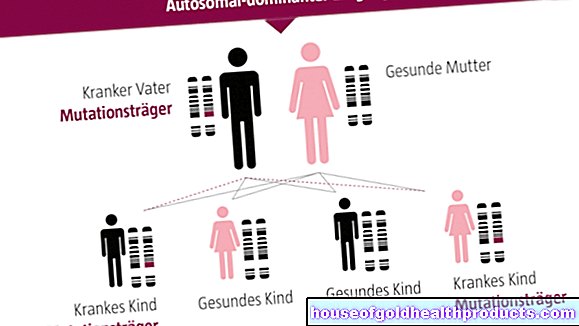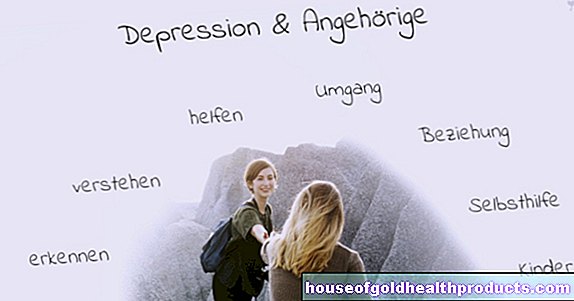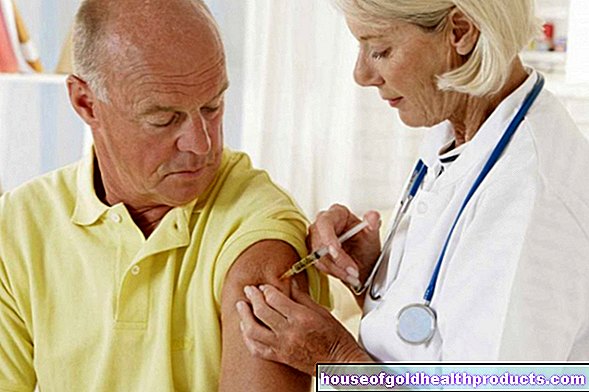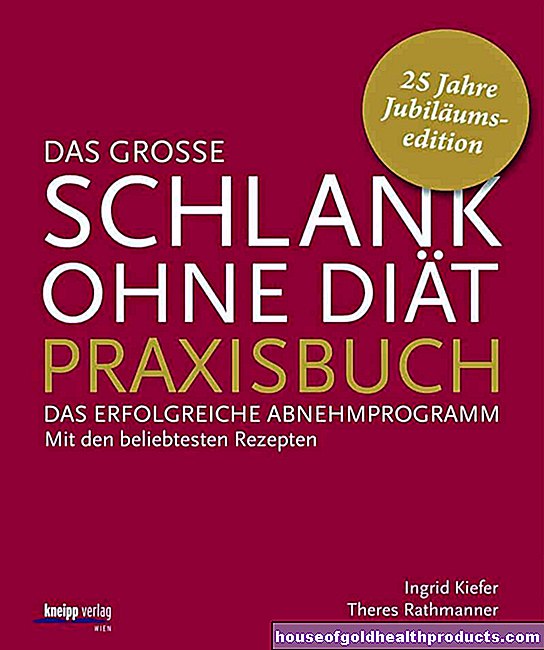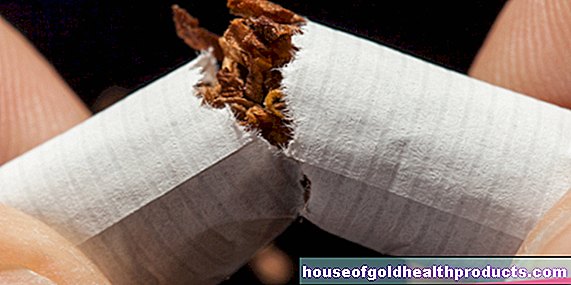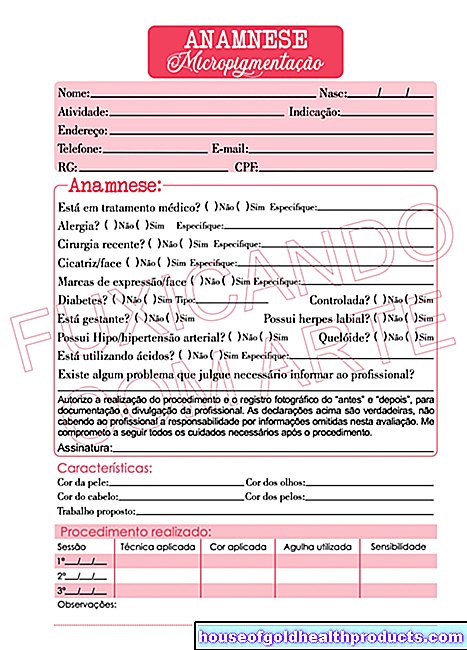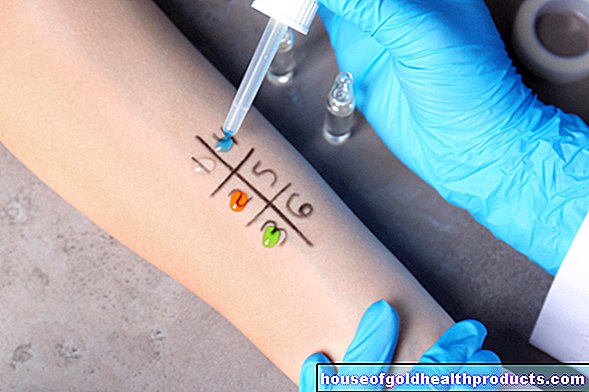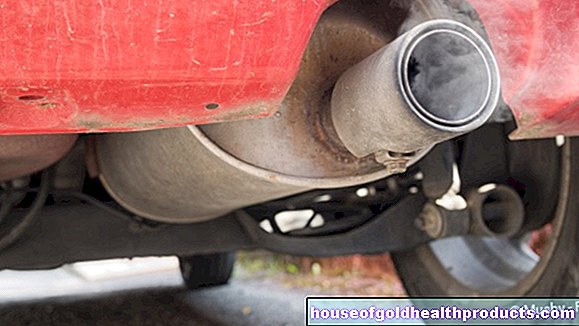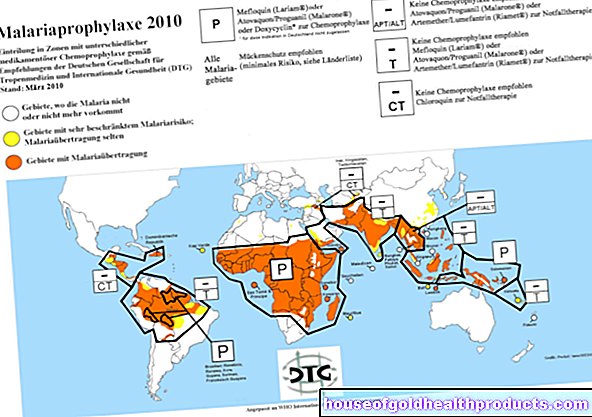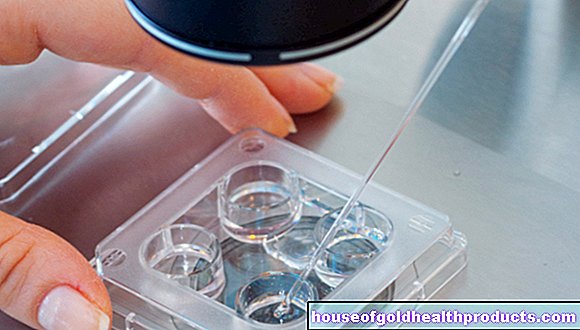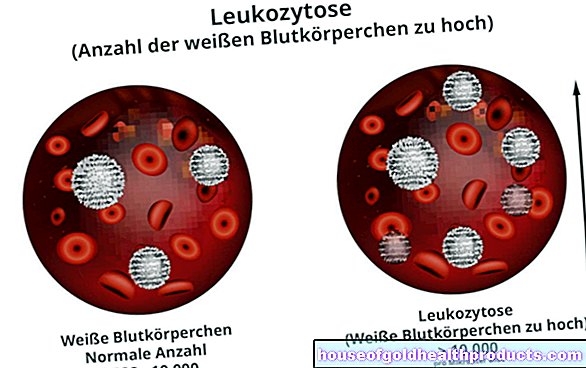Postnatal depression: the risk increases in lockdown
Christiane Fux studied journalism and psychology in Hamburg. The experienced medical editor has been writing magazine articles, news and factual texts on all conceivable health topics since 2001. In addition to her work for, Christiane Fux is also active in prose. Her first crime novel was published in 2012, and she also writes, designs and publishes her own crime plays.
More posts by Christiane Fux All content is checked by medical journalists.Even in normal times, postnatal depression is more common than many people think. A good quarter of mothers suffer from it after giving birth. In lockdown, the number could even have doubled, shows a small British study. But it also shows what protects against it.
Postnatal depression is an enormous burden. While everyone expects a proud and radiant mother, women often feel isolated, incapable and stressed as well as guilty and desperate. They also often find it difficult to develop a close bond with the child.
Looking for Depressive Symptoms
Dr. Sarah Myers and Emily H. Emmott from University College London accompanied a total of 162 London mothers with children under six months from May to June 2020 for the study. The two scientists used a special questionnaire (Edinburgh Postnatal Depression Scale) to determine possible symptoms of postnatal depression.
In addition, they also conducted open interviews with the participants, in which they reported what current feelings and thoughts were moving them.
Record the level of social contact
The women also provided information about their social contacts during this time. The participants listed up to 25 people who were important to them and reported with whom they had communicated and how this happened: in person, by telephone, video call or via messages in social networks.
In 47 percent of the participants, the researchers finally diagnosed postnatal depression - elsewhere in the EU it is 23 percent. While this is a fairly small study and the figures are not easily transferable to other regions, the research shows that there may be a particularly high risk of postnatal depression at the moment.
All new mothers are exhausted
Study leader Myers said: "Caring for a newborn is a challenge. Therefore, all new mothers suffer from a certain mental, physical and emotional exhaustion." In no small part, however, this turns into depression. At the moment, it affects a particularly large number of mothers.
One reported: "We haven't let anyone come to us since the lockdown, and it's exhausting."
Many of the mothers also mourned missed opportunities for themselves and their baby - experiences and contacts that were not possible in lockdown. Concerns about how social isolation could affect the development of their little ones were also common.
Little social contact, high risk
Single parents and women whose partners could not support them in looking after the child or doing housework were naturally particularly stressed in the lockdown.
However, the more contact the mothers had - whether directly or via phone calls and social media - the less often they reported symptoms of depression. This provides an indication that the reduction in social contacts in lockdown in particular significantly increases the risk of postnatal depression. One mother reported: "I'm definitely more anxious. Am I doing enough for my baby, is it healthy and happy? Much of it comes from the fact that you can only communicate online."
In fact, even during normal times, poor social support is one of the main risk factors for developing postnatal depression. “Social distancing measures during lockdown have made it difficult to get practical help from those around you in the weeks and months after your baby's arrival,” explains the anthropologist. Therefore, many of the new mothers felt completely overwhelmed.
"It takes a village to raise a child"
The increasing number of depressed new mothers in lockdown reveals how important social contacts are, especially in this phase. In Western nations, the upbringing and care of children is centered around the nuclear family. “Our results show, however, that“ a village ”is still needed to raise children in high-income population groups, and that it is problematic for mothers if this is missing”, write the researchers.
Whether during the pandemic or in normal times: Mothers should therefore seek as much social support as possible after the birth. As the study shows, digital social contacts can also make an important contribution to this. The study also shows how much fathers can contribute if they are present in the difficult time after the birth and relieve the mother.
Seeking help with postnatal depression
In contrast to the so-called baby blues, which many mothers experience shortly after birth, mainly due to hormonal changes, postnatal depression usually does not go away on its own. It is therefore important to seek help. Women who have had a child during the restricted contact and are feeling down and desperate should not hesitate to seek professional assistance.
Tags: sports fitness drugs travel medicine


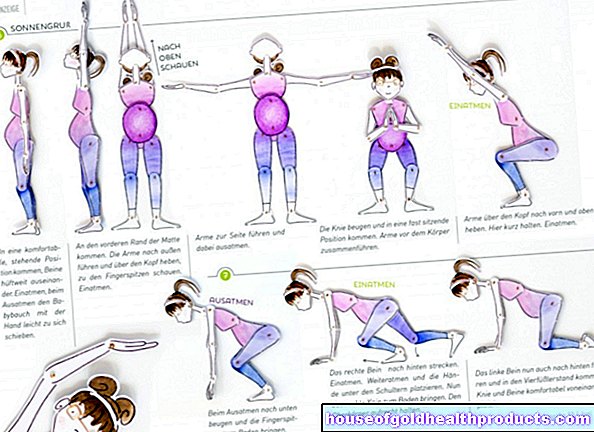
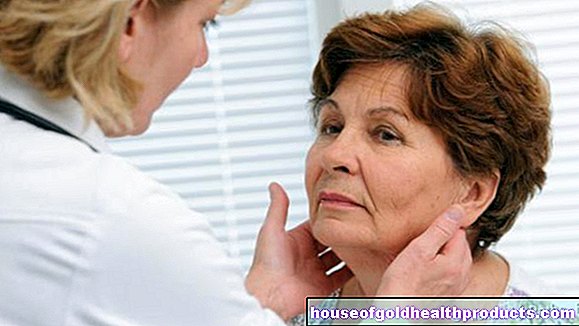



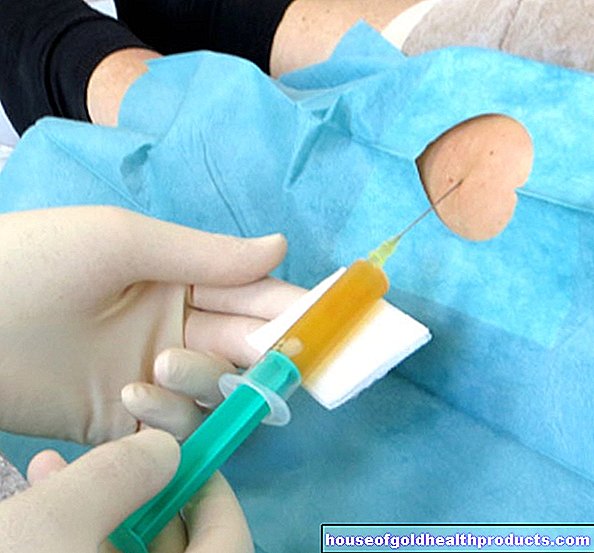



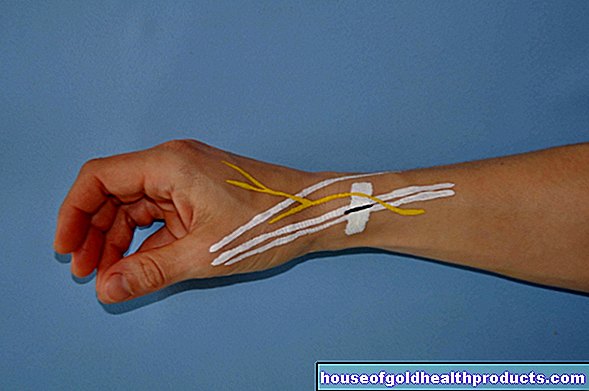


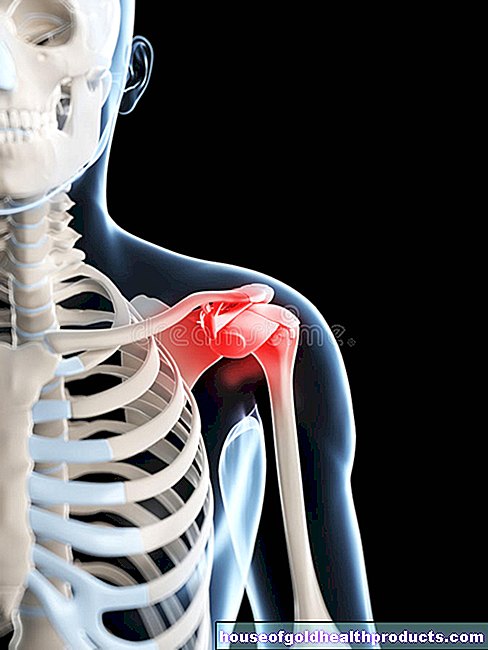
.jpg)
